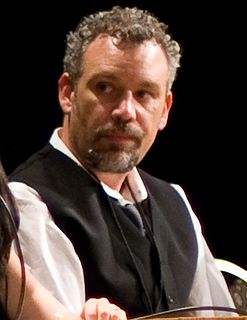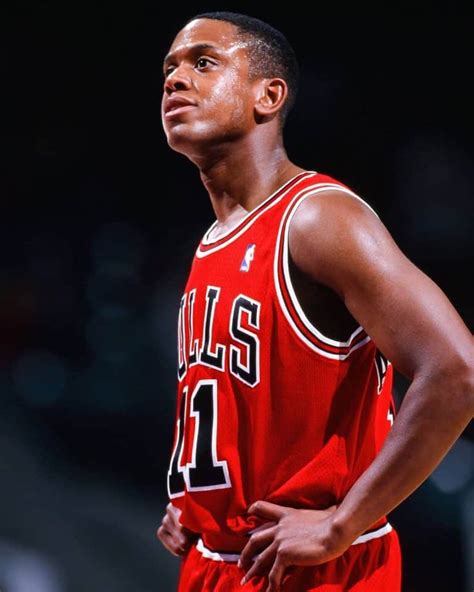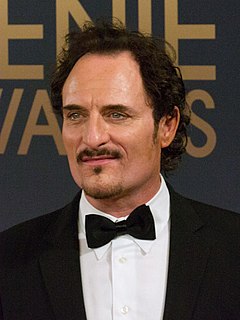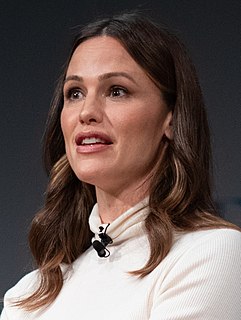A Quote by Antoine Fuqua
How do you capture the drama of a Rembrandt painting in a movie? How do you feel that moment that they captured in two hours? I kind of fell into it and at one point, I decided I wanted to live an art life; I wanted to tell stories. I came to New York, and did what most people do - you become a PA and run and get coffee and pay your dues and learn until your opportunity comes.
Related Quotes
I started making choices based on what I wanted, and didn’t feel like I needed to justify them. If I wanted to cut my hair, I did it. If I wanted to move to New York, I did it. If I wanted to take a spontaneous road trip, I did it. At 24 I decided that my life is enough for me, and I stopped looking for some other piece to complete it.
Humans are kind of story-propagating creatures. If you think of how we spend our days, think of all the time you spend on entertainment. How much of your entertainment centers around stories? Most pieces of music tell stories. Even hanging out with your friends, you talk, you tell stories to each other. They're all stories. We live in stories.
I was in New York 9/11. Mark's [Wahlberg] from Boston, flew there immediately after. I was in Nice Bastille Day when the truck drove through and killed all these people. It's the new reality, unfortunately. The idea of trying to explore how we process this kind of event, how we survive emotionally, what we tell our kids: That was the movie [Patriots Day] we wanted to make.
I wanted to learn how the business worked. I wanted to see how people got drafted, how players got traded, how they got picked up in free agency, how the salary cap worked, how do you manage an organization, how do you negotiate contracts. The Bulls gave me an excellent opportunity to answer all the questions that I wanted to ask.
My grandfather was dying, and told the family he had decided to die. ... At that moment I wanted so badly to write and tell him that he was never going to die, that somehow he would always be present in my life, because he had a theory that death didn't exist, only forgetfulness did. He believed that if you can keep people in your memory, they will live forever. That's what he did with my grandmother.
I wanted to show that women could run, but I also wanted to kind of inspire the idea that ordinary people can run. I was like, boy, I feel so good when I run, if everybody could feel like this, this sense of joy and physical well-being and strength and autonomy you have when you run, how much better the world would be, you know?
The point is, I can’t tell you how to succeed. But I can tell you how not to: Give in to the shame of being rejected and put your manuscript—or painting, song, voice, dance moves, [insert passion here]—in the coffin that is your bedside drawer and close it for good. I guarantee you that it won’t take you anywhere. Or you could do what this writer did: Give in to your obsession instead.
I went to New York. I had a dream. I wanted to be a big star, I didn’t know anybody, I wanted to dance, I wanted to sing, I wanted to do all those things, I wanted to make people happy, I wanted to be famous, I wanted everybody to love me. I wanted to be a star. I worked really hard, and my dream came true.
I think everything in life is art. What you do. How you dress. The way you love someone, and how you talk. Your smile and your personality. What you believe in, and all your dreams. The way you drink your tea. How you decorate your home. Or party. Your grocery list. The food you make. How your writing looks. And the way you feel. Life is art.
It's funny, now that we have Twitter and Facebook and stuff, you can really see how you affect fans. Before all that, fans couldn't tell you exactly how they feel, unless they came up after a show, and even then you can't stand there and talk to everybody in the audience. So it's nice to see people tweet me and say, "Your music has changed my life," or "I had my baby to your music," or "I got married to your music." I've heard so many things, and it's amazing to hear people's stories and how you affect their life.






































